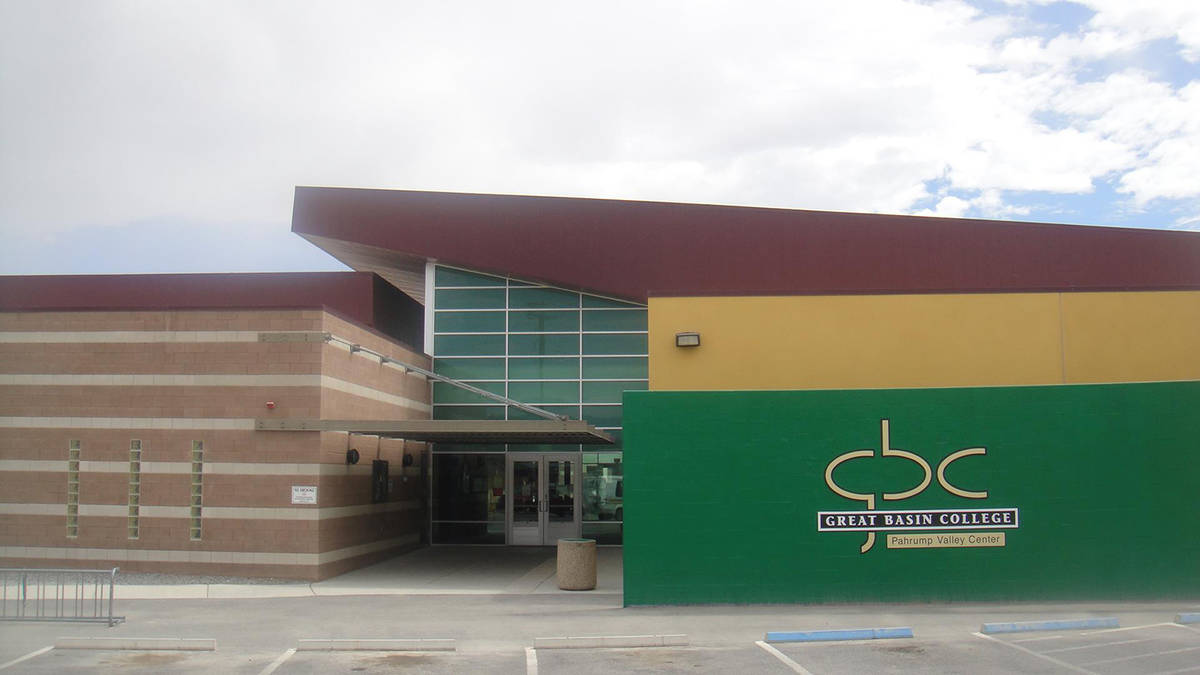Higher ed board approves 2-year budget reduction
The Nevada System of Higher Education Board of Regents on Friday approved a budget reduction of $124.7 million for the next two years in response to the economic decline caused by the COVID-19 pandemic.
Gov. Steve Sisolak asked for budget reduction proposals from all state agencies that show a 4% cut for Fiscal Year 2020, which ends June 30, and a 6%, 10% and 14% reduction in Fiscal Year 2021, which begins July 1.
Under the 10% reduction proposal, administrative faculty and professional staff would have a 2.3% reduction in pay or 6 furlough days. Under the 14% reduction proposal, administrative faculty and professional staff would have a 4.6% reduction in pay or 12 furlough days.
The chancellor and the Council of Presidents put together the budget reduction scenarios that aim to protect NSHE’s ability to deliver on its mission. The proposals were presented to the Board of Regents at an emergency teleconference meeting on Friday, April 10.
Each of the proposals submitted to the Regents emphasized mitigating financial impacts to low-income students and avoiding layoffs. NSHE used approximately $60 million from the federal Coronavirus Aid, Relief, and Economic Security Act to first meet the gap in the budget reduction.
NSHE then used savings from not filling vacant positions, enacting a hiring freeze, repurposing capital funds and reducing operating costs and other contracts as part of the reduction proposal. To help make ends meet, NSHE focused on furloughs for administrative faculty and professional staff to be effective in the fiscal year 2021.
NSHE Chancellor Thom Reilly said that, similar to the economic slowdown during the Great Recession of 2007-2009, the agency has turned to a “shared sacrifice” model when considering this budget reduction.
“The weeks and months ahead will be a difficult burden for all of us to shoulder, however, if we share this burden the individual sacrifice can be lessened,” Reilly said.
The NSHE also proposed a temporary per-credit surcharge in proportion to current student fees. At UNR and UNLV, the surcharge will be $6 or 2.5% for undergraduates and $8 or 2.7% for graduate students. At Nevada State College, it will be $5 or 2.9% for undergraduates and $5 and 2.1% for graduate students. At College of Southern Nevada, Great Basin College, Truckee Meadows Community College and Western Nevada College, it will be $3 or 2.8% for lower division and 1.7% for upper division.
By adding this per credit surcharge, NSHE will be able to use funding from the CARES Act to support low-income students during this unprecedented event, Reilly explained.
“If we did not apply furloughs and the temporary per-credit surcharge, we could be facing hundreds of layoffs which would adversely affect student services and student success,” he said.
“By enacting these budget adjustments across the entire system, we will be able to use the CARES Act funds and Student Access fees to minimize the impact on low-income students and keep our institutions focused on student success,” said Jason Geddes, chair of the Board of Regents. “These are difficult decisions to make, but together we can emerge from this economic downturn stronger than ever.”
The proposed budget cuts will be sent to the governor to be reviewed.
















